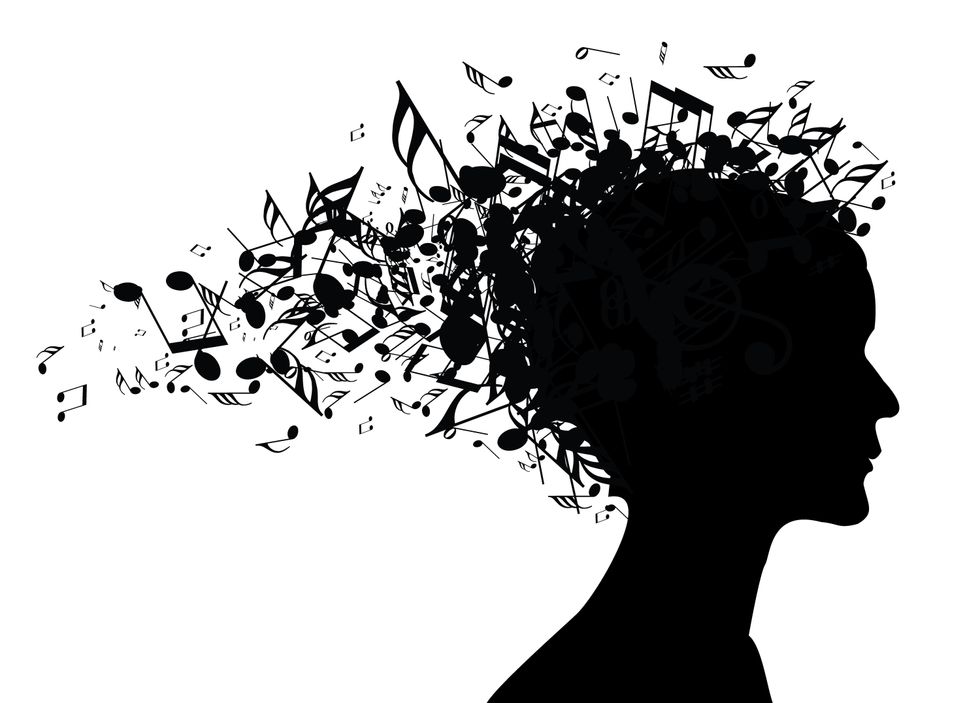Think of your favorite song. Now, why is it your favorite song? Do you like the singer’s voice, the beat or rhythm, or the lyrics? If you heard that song when you feel upset, anxious, or stressed, it would most likely make you feel a lot better and even make you forget, at least for the duration of the song, about all of your troubles.
This is just a small example of how music can be used as therapy. Most people do not realize how much of a role music plays in our daily lives and how much it affects our mental and physical health. Even something a little as hearing your favorite song on the radio can impact your mood or how you react to different situation for the rest of the day.
Personally, music has had such an impact on me throughout my life. I've always been involved in musical theater, 3 choirs throughout high school, and I play instruments and sing. This has allowed me to develop a lot of creativity and also brought me so much happiness when involved in these activities. Through having such a particular interest in music, I've learned just how music impacts our minds and body.
Music has been shown to be a huge proponent in aiding in the developing brains of children, help people with physical disorders such as strokes and heart disease, and even those with neurological disorders such as dementia and anxiety. Many hospitals have started to play music to infants in the ICU because it shows such a positive impact on them. These impacts might include stronger respiratory function and reduced stress levels for the infants. Not only that, but these effects combined have allowed premies to leave the ICU sooner.
Even a bit later in life, when a young child's mind is still developing, music has been shown to accelerate brain development in sound processing, language, and speech and listening skills. Not only does listening to music help the developing mind but actually learning how to read, write and play music greatly improves the speed of social, emotional, and cognitive development.
While music helps us in the early stages of life, it also helps amazingly in the treatment of serious medical disorders. Listening to music can allow stroke patients to improve physical symptoms and help heal their brain cognitively. Music can also decrease many debilitating symptoms brought on by heart disease. And most amazingly, music can help people with dementia and amnesia trigger memories they otherwise would not have been able to remember.
How incredible is it that music has all of these incredibly significant effects on us, often without realizing it? I hope you and more people in the future can come to understand how important music truly is in our lives. Not only at a medically therapeutic standpoint, but also being personally beneficial, music has integrated so much so into our lives. So maybe, next time you hear your favorite song on the radio, you’ll even think about the impact that it has on you.






 The minimum wage is not a living wage.
StableDiffusion
The minimum wage is not a living wage.
StableDiffusion
 influential nations
StableDiffusion
influential nations
StableDiffusion











